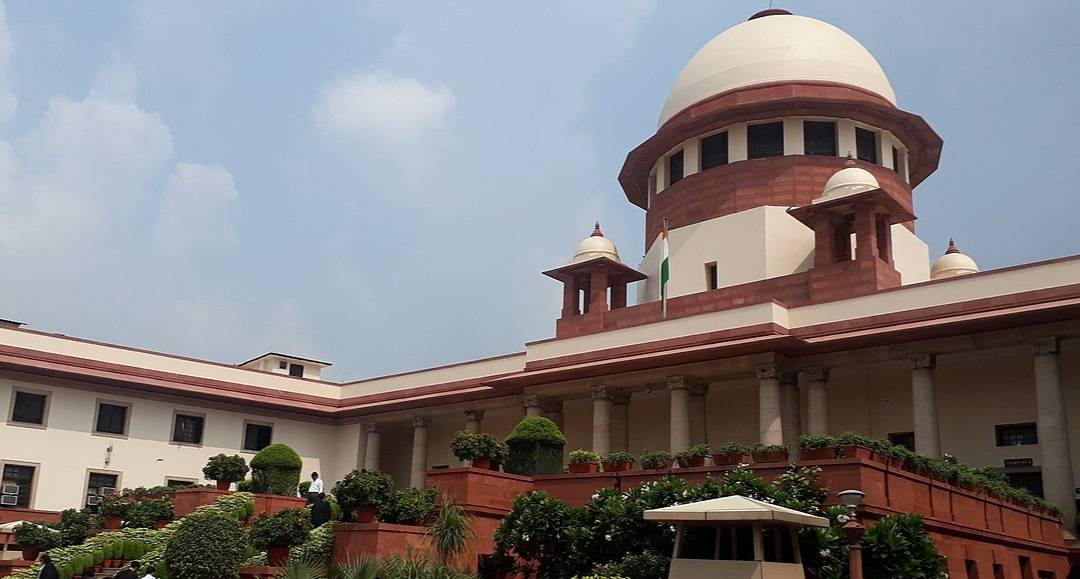A recent petition before the Supreme Court of India has sought critical judicial intervention to address long standing issues in the real estate sector and to ensure effective enforcement of the Real Estate (Regulation and Development) Act, 2016 (RERA). The petition highlights severe gaps in the implementation of RERA, specifically regarding the creation of standardized agreements and the protection of property buyers from exploitation. This legal action represents a significant step toward safeguarding the interests of property buyers across the nation.
Background and Previous Actions
The petition filed by Ashwini Upadhyay highlighted persistent issues faced by homebuyers, such as the non-completion of promised amenities by builders and the use of arbitrary clauses in agreements. Upadhyay’s plea argued for the Centre to use its authority under the Real Estate (Regulation and Development) Act, 2016 (RERA) to frame a model builder-buyer agreement, emphasizing the need for these agreements to be available in Hindi and other regional languages to ensure accessibility for all buyers.
In October 2021, the Supreme Court issued notices to the Centre, states, Union territories, and the Law Commission of India, referencing sections 41 and 42 of RERA, which mandate the central advisory council to recommend the framing of standard agreements to prevent the exploitation of real estate buyers. In response, the central government filed an affidavit in November 2021, stating that a draft “agreement for sale” was shared with all states and Union territories in 2016 after RERA's implementation. The Centre placed the onus on state governments to enforce the terms of any standard form agreement after notifying the rules.
Key Observations by the Supreme Court
The Supreme Court bench led by Chief Justice of India Dhananjaya Y Chandrachud emphasized the necessity of having uniform builder-buyer agreements. The bench, which also included Justices JB Pardiwala and Manoj Misra, remarked that without standardization, buyers nationwide are susceptible to being defrauded by builders. The bench was hearing a public interest litigation (PIL) filed by advocate Ashwini Upadhyay in 2020, which brought to light the various challenges faced by homebuyers due to the non-uniformity of agreements.
Importance of a National Model Builder-Buyer Agreement
The Supreme Court underscored the need for a “national model builder-buyer agreement” to ensure homebuyers are not subjected to arbitrary clauses. In January 2022, the court had urged the Centre to frame a standard form housing agreement to protect buyers from such practices. The bench highlighted the helplessness of middle-class homebuyers and stressed the importance of non-negotiable terms to safeguard their interests.
Submissions and Objections
During the hearing, Senior Advocate Devashish Bharuka, serving as amicus curiae, informed the court that a final status report and draft builder-buyer agreements had been submitted, incorporating suggestions from state governments. The bench noted the necessity to review the amicus report and consider objections raised by the Confederation of Real Estate Developers’ Associations of India (CREDAI). The matter has been scheduled for further hearing on July 19, 2024.
Issues Highlighted by the Court
The Supreme Court’s intervention comes amid widespread issues faced by homebuyers, who often encounter significant delays and financial losses due to developers not fulfilling their promises. Many developers launch projects without securing necessary approvals, leading to long delays and incomplete amenities. This has resulted in consumer courts across the country being overwhelmed with complaints from homebuyers.
Implications of the Petition
The Supreme Court's consideration of this petition represents a critical juncture for the implementation of RERA. If the Court grants the reliefs sought, it could lead to several significant changes in the real estate sector:
- Standardized Agreements: The creation and enforcement of model agreements could standardize practices across the country, making real estate transactions more transparent and fair for buyers.
- Enhanced Accountability: Stronger enforcement mechanisms at the state level could hold builders and agents accountable for their actions, helping to prevent malpractices and ensuring that buyers' rights are protected.
- Buyer Protection: The petition’s call for compensation could establish precedents for addressing grievances and securing redress for buyers who have been wronged by builders or agents.
Way Forward
The Supreme Court’s focus on the need for uniformity in builder-buyer agreements is a significant step towards protecting homebuyers in India. By urging the Centre to frame a national model builder-buyer agreement, the court aims to create a more transparent and fair real estate market, ensuring that homebuyers are not subjected to arbitrary clauses and are adequately protected in their transactions with builders. The upcoming hearing will be crucial in determining the next steps towards achieving this goal and providing much-needed relief to homebuyers across the country.









.png)